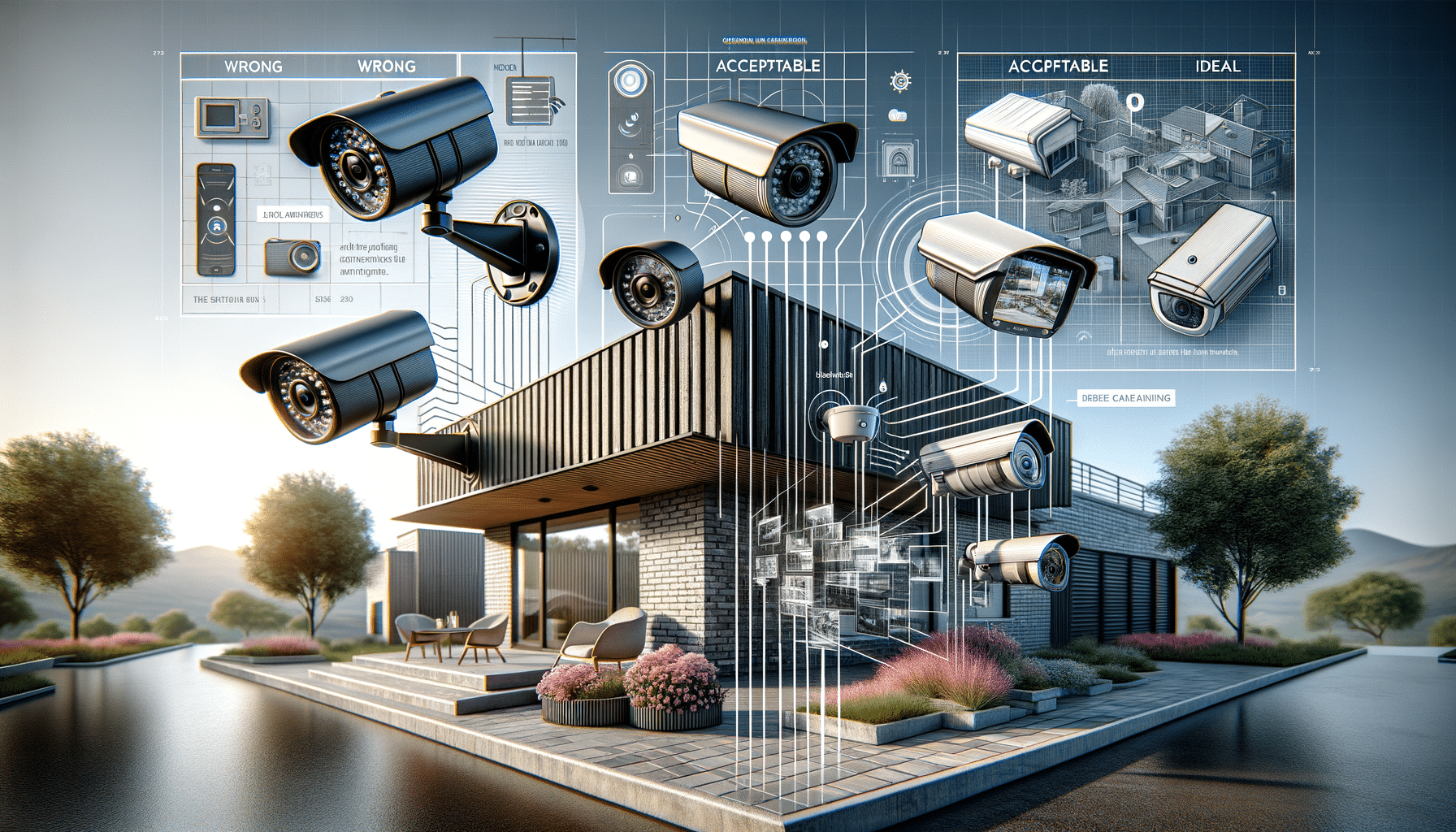
Amazing Home Security Cameras in the U.S
Understanding Home Security Cameras
Home security cameras have become an integral part of modern security systems, offering homeowners peace of mind and an extra layer of protection. These devices are designed to monitor and record activities in and around your home, providing real-time footage and alerts to help deter criminal activities. Understanding the different types of security cameras available is crucial to selecting the right system for your needs.
There are several types of home security cameras, including wired, wireless, and wire-free options. Wired cameras are connected directly to a power source and recording device, offering reliable and continuous monitoring. Wireless cameras, on the other hand, transmit data over Wi-Fi and are easier to install but may be susceptible to interference. Wire-free cameras are battery-powered, providing flexibility in placement but requiring regular battery changes.
Security cameras come with various features that enhance their functionality. For instance, many models offer high-definition video quality, night vision capabilities, motion detection, and two-way audio. Some advanced systems also include smart technology integrations, allowing you to control and monitor your cameras via a smartphone app.
How to View a Security Camera From Anywhere
One of the significant advantages of modern security cameras is the ability to view footage remotely. This feature allows homeowners to monitor their properties from anywhere in the world, providing a sense of security and control. To access your security camera remotely, you’ll need a few essential components.
Firstly, ensure your camera system is connected to a reliable internet source. Most cameras require a Wi-Fi connection to transmit data to the cloud, enabling remote access. Once set up, you can use a smartphone app or web portal to view live footage, receive alerts, and manage camera settings. This convenience means you can check on your home during vacations, work trips, or simply while running errands.
Many security camera manufacturers provide dedicated apps that offer a user-friendly interface for accessing camera feeds. These apps often include features such as push notifications, allowing you to receive instant alerts when motion is detected. Additionally, some systems integrate with smart home devices, enabling voice commands and automation for added convenience.
Key Considerations Before Installing a Security Camera at Home
Before installing a security camera system, there are several key considerations to keep in mind to ensure you choose the right setup for your home. These factors will help you maximize the effectiveness of your security system and avoid potential pitfalls.
Firstly, evaluate the areas you want to monitor. Consider entry points such as doors and windows, as well as vulnerable spots like driveways and backyards. This assessment will guide you in determining the number and placement of cameras needed for comprehensive coverage.
Next, consider the power source for your cameras. Wired systems require a constant power supply, while wireless and wire-free options offer more flexibility. However, wireless cameras depend on a stable Wi-Fi connection, and wire-free models need regular battery maintenance.
Budget is another crucial factor. While investing in a quality system is essential, there are options available for various price ranges. Additionally, consider any subscription fees for cloud storage or advanced features, as these can add to the overall cost.
Finally, ensure your chosen system complies with local privacy laws and regulations. Be mindful of camera placement to avoid infringing on neighbors’ privacy and adhere to any legal requirements for recording and storing footage.
Conclusion: Enhancing Home Security with Thoughtful Planning
Incorporating security cameras into your home protection plan offers numerous benefits, from deterring crime to providing peace of mind. By understanding the different types of cameras, how to access them remotely, and the key considerations before installation, you can make informed decisions that enhance your home security.
Take the time to assess your specific needs, considering factors such as budget, coverage areas, and legal requirements. With the right planning and setup, security cameras can be a valuable addition to your home, ensuring you and your family feel safe and secure.


